It is very likely that you have heard more than once someone in your environment tell you that they are following some type of intermittent fasting because they have heard or read in some article or news that it offers a multitude of benefits to their body.
In this article we will see what exactly this protocol consists of and other aspects such as the existing types, their benefits and risks, how to carry it out...
What is fasting? What is intermittent fasting?
According to the RAE, fasting is “abstaining totally or partially from eating or drinking.” There are several reasons why fasting can be observed: religious (such as Ramadan for Muslims), medical reasons (for example, before medical tests such as a blood test or an operation), as a protocol within a low-calorie diet to lose weight…
Although we may think that we have not followed any type of fast throughout our lives, the truth is that this is NOT the case, because, during the night's rest, we are actually fasting until the moment in which we have the first meal of the day (hence why this is known as breakfast).
Focusing on intermittent fasting , it should be clear that it is NOT a diet as such, but rather a guideline or protocol used in some situations such as those discussed in the previous paragraph.
This is a type of fasting that combines periods of fasting with periods of intake (known as the feeding window) at different time intervals. In all of them, there must be a certain energy restriction , which usually ranges between 50-70% of the person's total energy consumption (CET).
What are the types of intermittent fasting?

There are different types of intermittent fasting, depending on the fasting period.
Initially, there was very little information available on intermittent fasting. However, over time, it has gradually gained ground and many different variations have emerged regarding how to carry it out.
The main difference between the types of intermittent fasting lies, fundamentally, in the duration of the fasting period and the feeding window, distinguishing between:
- 12/12 : Based on 12 hours fasting period and 12 hours feeding window.
- 16/8 : Probably the most well-known intermittent fasting protocol. It consists of a 16-hour fasting period and an 8-hour feeding window.
- 24/0 : In this intermittent fasting protocol there is NO feeding window, as fasting is performed for a full day.
- Alternate day fasting : the days during which fasting is carried out alternate, creating a feeding window during which a single intake of about 500-800 kcal is carried out.
- Eat-Stop-Eat : A combination of one day of conventional eating followed by one full day of fasting (24/0) and another day of conventional eating. This protocol can include 5/2 intermittent fasting, in which two full days of fasting are performed per week and five days of conventional eating.
- Semi-fasting : over the course of a month, four or five days of lower than usual caloric intake (approximately 700-1000 kcal/day) are combined with conventional food.
What can I take during the fasting period?
Many people may think that during the fasting period, only water intake is allowed, but this is NOT the case. During the fasting period, the following are also allowed:
- Water with pieces of fruit (to add flavor and color).
- Coffee alone or with a cut (with a splash of skimmed milk).
- Sweetened (unsweetened) infusions.
- Defatted broths prepared from vegetables, meat or fish.
Who is advised against intermittent fasting?

During pregnancy and breastfeeding, intermittent fasting is not recommended.
There are certain groups of people for whom the use of an intermittent fasting protocol is not recommended. These include:
- Pregnancy and breastfeeding.
- Children and adolescents.
- Senior population (especially those with malnutrition or frailty problems).
- Pathologies such as diabetes, thyroid diseases, gastritis, cardiovascular diseases,…
- People with eating disorders (ED) such as binge eating or compulsive eating.
- Athletes.
What are the benefits of intermittent fasting?
There are studies that show benefits from intermittent fasting in humans, but there are also others that do not. The main problem is that the existing evidence is based on publications that are carried out over a short period of time and with a small sample, which means that they do not show conclusive results.
Some of the potential benefits that intermittent fasting protocol is said to have include:
- It reduces aging, produces fewer inflammatory substances, and thus strengthens the immune system.
- Helps reduce appetite and promotes weight loss.
- Improves insulin sensitivity and lipid profile.
- Metabolic flexibility, since different substrates or molecules are used to obtain energy.
- It improves neuronal plasticity, that is, the ability of the nervous system to change its structural and functional organization in response to various stimuli.
Possible risks of intermittent fasting
We have seen that an intermittent fasting protocol can offer us some benefits, but its implementation, especially when carried out without the supervision of a specialist, can also entail risks such as the following:
- Muscle weakness (use of protein as an energy substrate) and reduced athletic performance.
- Production of ketone bodies (ketosis) and lower glucose production, with the resulting health drawbacks.
- Nutritional deficiencies.
- Hypoglycemia and increased release of lipid molecules (triglycerides and cholesterol) into the bloodstream.
- Heavy digestion and reflux.
- Irritability, anxiety, sleep problems, lack of concentration, headaches,…
- Psycho-emotional disorders: compulsive eating, feelings of guilt, etc., the prelude to the onset of an eating disorder (ED).

Without the supervision of a specialist, intermittent fasting can carry various risks.
How can NutriCare help as a nutritional balancer in an intermittent fasting protocol?
An intermittent fasting protocol can be perfectly incorporated as a guideline within our Weight Loss Programs depending on the habits of each Client.
As part of the fasting period, a supplement from the Fibre Range (NutriFibra apricot or NutriTea) can be used, which, in addition to hydrating us and having a low caloric intake, also provide us with benefits such as their extra fibre content, which will help us feel more satiated. Another excellent option as a perfectly valid food supplement during this period is the NutriCare Probiotic .
Within the feeding window, any of our NutriCare Products are valid. Their high nutritional density and low caloric density, as well as their palatability and convenience when used, make them an excellent option for this fasting phase.
If you want more information, do not hesitate to consult with a NutriCare Advisor, who will be happy to help you and customize a program for you.
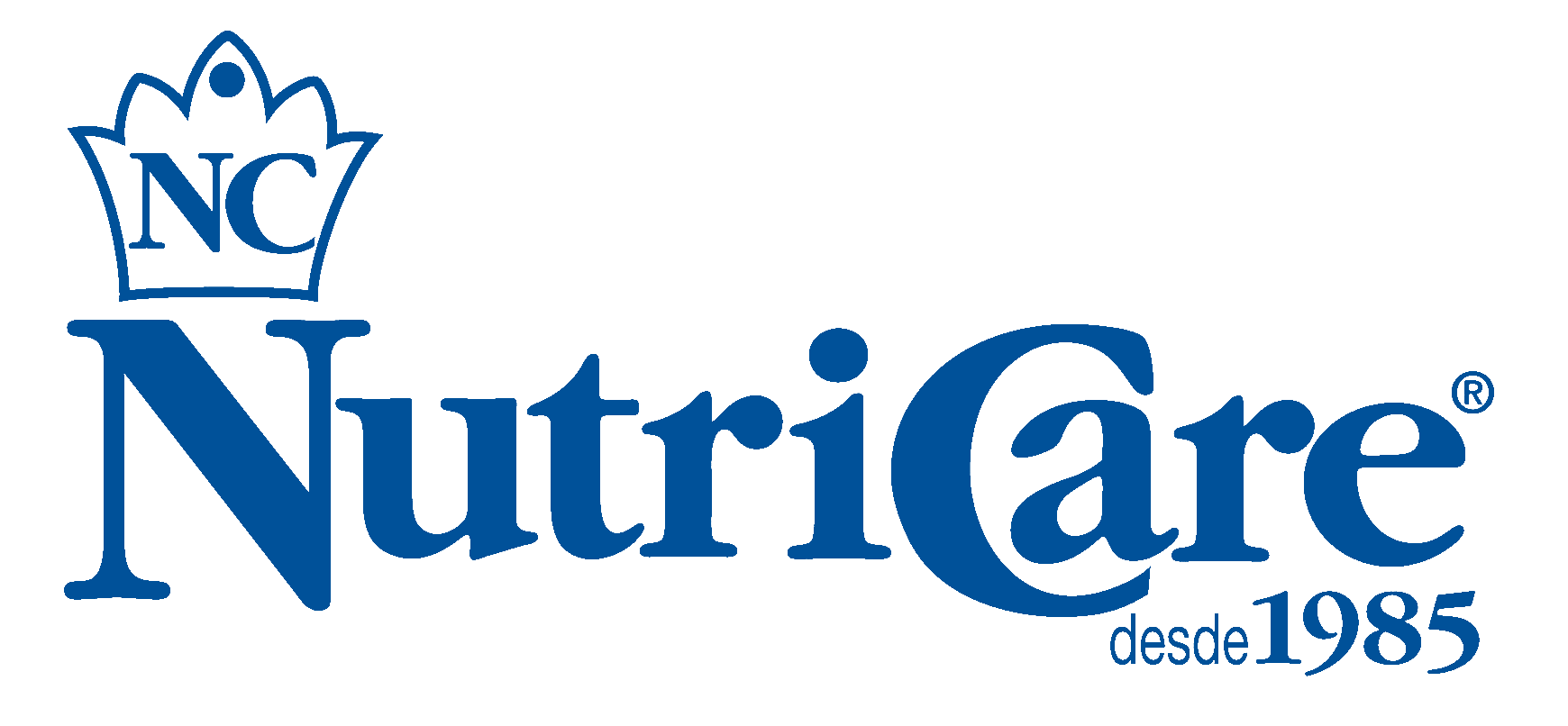






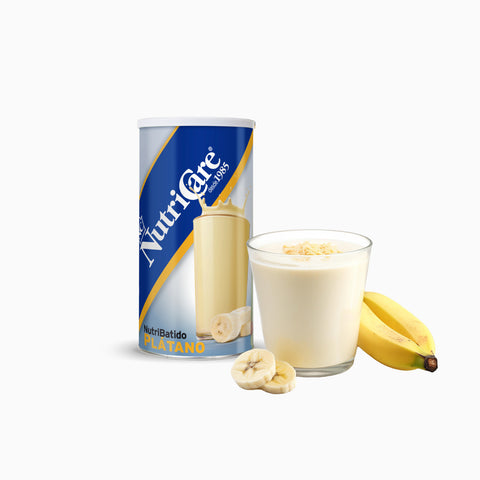

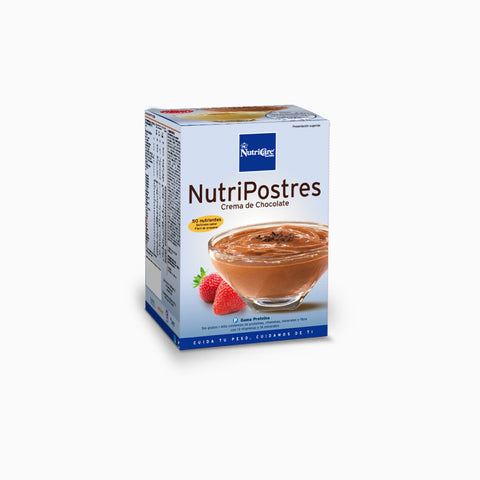

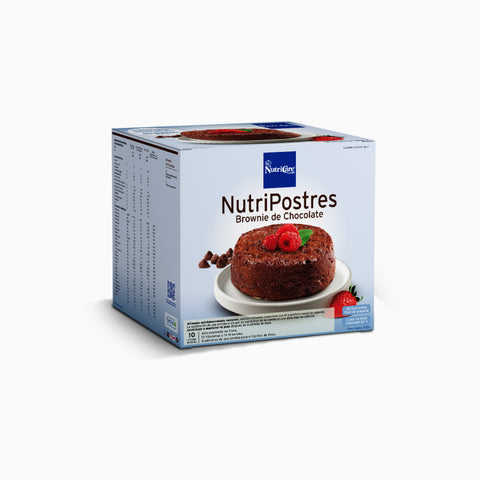
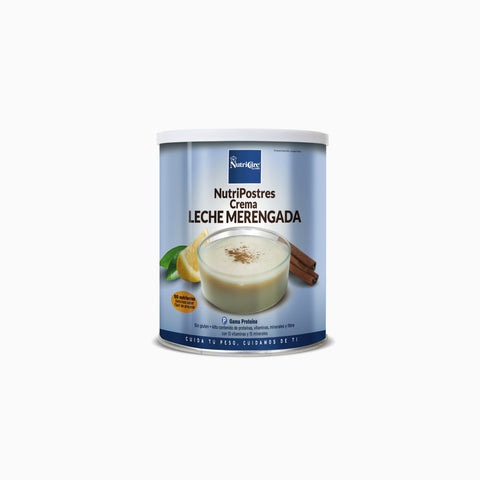









Comments (0)
There are no comments for this article. Be the first one to leave a message!